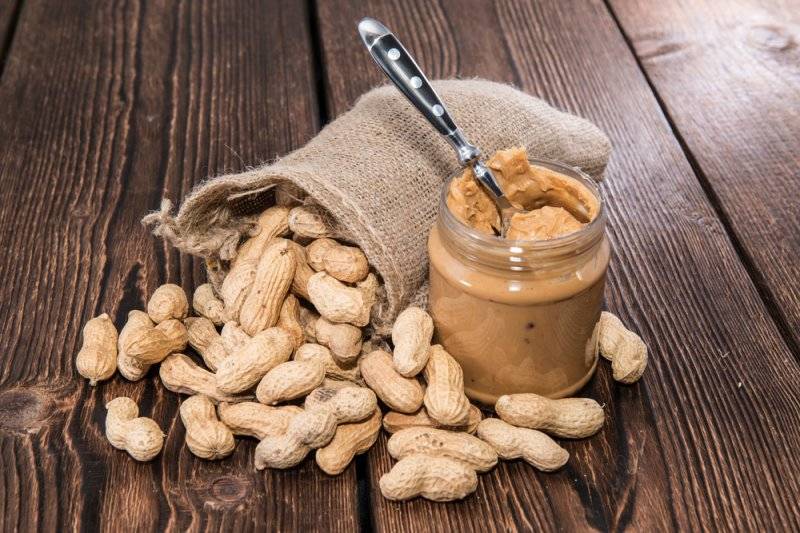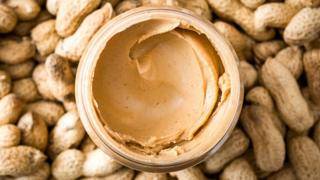Delta4Embassy
Gold Member
Study Early consumption may prevent peanut allergy - CNN.com
" (CNN)Parents who have children with food allergies know all too well about the headaches in keeping their lives "nut-free."
But a new study suggests that peanut allergy can be prevented at a young age by embracing peanuts, not avoiding them.
Eating peanut products as a baby significantly reduces the risk of developing the allergy by 80% in high-risk infants, a study in the New England Journal of Medicine suggests.
Peanuts are one of the leading causes of food allergy reaction and can be fatal.
An estimated 400,000 school-aged children in the United States have this allergy, according to the American College of Allergy, Asthma and Immunology.
So far, the research on the prevention of the peanut allergy is "without precedent," according to the National Institute of Allergy and Infectious Diseases.
But allergy specialists also warn that peanut consumption in high-risk infants should only be done after medical assessment.
The research team, based on initial observations, found that Jewish children in Israel who started eating peanuts earlier, were 10 times less likely to develop the allergy than those in England.
In a clinical trial, 628 babies assessed as being prone to developing peanut allergy, were either given small weekly doses of peanut-based products, or avoided them.
Skin-prick tests were used to examine whether babies were sensitive to peanut extracts.
For every 100 children that avoided peanuts, 14 would develop the allergy by the age of five.
In contrast, only two out of every 100 children on the peanut diet became allergic."
" (CNN)Parents who have children with food allergies know all too well about the headaches in keeping their lives "nut-free."
But a new study suggests that peanut allergy can be prevented at a young age by embracing peanuts, not avoiding them.
Eating peanut products as a baby significantly reduces the risk of developing the allergy by 80% in high-risk infants, a study in the New England Journal of Medicine suggests.
Peanuts are one of the leading causes of food allergy reaction and can be fatal.
An estimated 400,000 school-aged children in the United States have this allergy, according to the American College of Allergy, Asthma and Immunology.
So far, the research on the prevention of the peanut allergy is "without precedent," according to the National Institute of Allergy and Infectious Diseases.
But allergy specialists also warn that peanut consumption in high-risk infants should only be done after medical assessment.
The research team, based on initial observations, found that Jewish children in Israel who started eating peanuts earlier, were 10 times less likely to develop the allergy than those in England.
In a clinical trial, 628 babies assessed as being prone to developing peanut allergy, were either given small weekly doses of peanut-based products, or avoided them.
Skin-prick tests were used to examine whether babies were sensitive to peanut extracts.
For every 100 children that avoided peanuts, 14 would develop the allergy by the age of five.
In contrast, only two out of every 100 children on the peanut diet became allergic."




